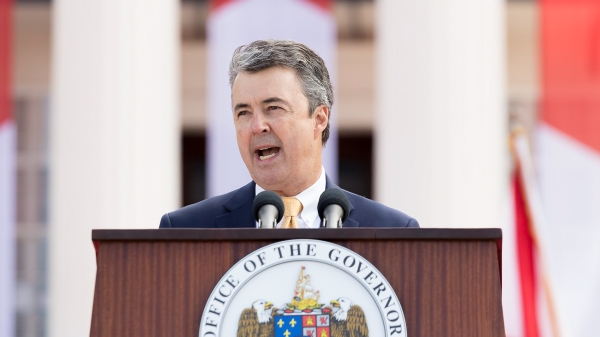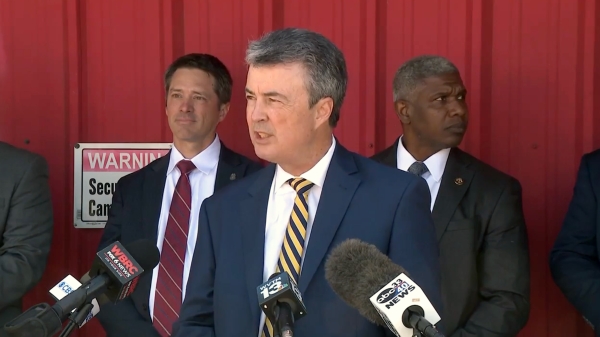|
Getting your Trinity Audio player ready...
|
In a relentless crusade to control women’s bodies, the Louisiana House has approved a bill that could make the possession of medications used for abortion a criminal offense. The bill aims to classify mifepristone and misoprostol as Schedule IV controlled dangerous substances, placing them in the same category as some narcotics and depressants. This legislative move is seen as an extension of the state’s already draconian abortion laws, which ban abortion with no exceptions for rape or incest.
This move echoes Attorney General Steve Marshall’s crusade in Alabama to attack reproductive health, threatening to prosecute women who use these medications.
The bill passed the GOP-dominated House with a vote of 64-29 and is now heading back to the Senate for final approval. If enacted, possession of these medications without a valid prescription could lead to fines, imprisonment for up to five years, or both. However, the legislation exempts pregnant women who obtain these drugs for self-induced abortions from prosecution, focusing instead on those who distribute the drugs illegally.
This legislative push has drawn severe criticism from the medical community and reproductive rights advocates. Over 240 healthcare professionals have signed a letter condemning the bill, arguing that it is “not scientifically based” and could hinder the legitimate medical use of these drugs, which are crucial for treating miscarriages, inducing labor, and managing other gynecological conditions. Dr. Nicole Freehill, an OB-GYN from New Orleans, highlighted to NBC News, the critical role these medications play in everyday medical practice, emphasizing that they are essential beyond abortion care.
In Alabama, the situation is equally dire. Marshall has threatened to prosecute women who use these medications under a chemical-endangerment law, despite the state’s anti-abortion law explicitly not targeting women who receive abortions. This announcement followed the FDA’s decision to allow certified pharmacies to dispense mifepristone, further igniting the debate over abortion rights. Marshall’s initial statement suggested a willingness to criminalize women directly, only to later backtrack and clarify that his primary target was the providers rather than the women themselves.
The overarching narrative here is clear: states like Louisiana and Alabama are not just satisfied with banning abortions; they are actively seeking ways to penalize and criminalize the use of medical resources that women rely on for their reproductive health. This approach not only threatens women’s autonomy but also puts their health at risk by potentially delaying necessary medical care.
Anti-abortion advocates, such as Louisiana Right to Life, defend the legislation as a necessary step to protect women and unborn children from the so-called dangers of abortion medications. However, this perspective starkly contrasts with the views of medical professionals who see these drugs as safe and essential.
As these states continue their regressive march, it becomes increasingly evident that the fight for reproductive rights is far from over. The moves by Louisiana and Alabama reflect a broader strategy to restrict access to abortion through any means possible, creating a perilous landscape for women seeking to exercise their reproductive rights.






















































